Apex marks a crucial breakthrough for over 15,000 stalled homebuyers in Delhi-NCR.
Noida’s housing logjam might finally be clearing. After years of delays, stalled construction, and emotional turmoil for thousands of homebuyers, a new chapter is set to begin. Nearly 4,000 buyers in Noida can breathe easier as the Noida Authority has greenlit Apex Group to step in as a co-developer for four long-stuck group housing projects initially launched by the beleaguered Supertech Ltd.
This includes The Romano in Sector 118, North Eye and Cape Town in Sector 74, and Eco City in Sector 137, projects that had become symbols of halted hopes and frozen investments. With this move, the city isn't just reviving buildings; it's restoring trust.
Turning the tide on stalled project sage
Real estate in NCR has long been haunted by stories of stalled projects. For Supertech buyers, this nightmare has dragged on for years. However, Apex Group’s arrival could mark a decisive shift. Back in April, Apex had already submitted a resolution plan before the Supreme Court, aiming to revive 16 stalled Supertech projects affecting over 15,000 homebuyers.
In a sector riddled with legal tangles, half-built towers, and unclear ownership, Apex's strategy is to inject funds, settle dues, and deliver homes.

Inside the Numbers: What’s at Stake?
Among the 16 proposed projects, 50,962 units were to be delivered. Of these, nearly 40,000 units have already been sold but here’s the catch: only 24,871 buyers have actually received possession. That leaves more than 14,900 families still waiting, caught in limbo with no clarity on when their homes will be ready. To bridge this gap, Apex Group has stepped in with an upfront commitment of ₹500 crore. But completing the backlog isn’t a small task. The company estimates that at least ₹1,700 crore will be needed just to finish the homes that have already been sold.
Interestingly, these units are expected to generate ₹2,200 crore in receivables.
What Does the Co-Developer Policy Mean?
You might be wondering, how exactly is Apex stepping in?
The answer lies in the Co-Developer Policy, a framework introduced by the UP Government based on the Amitabh Kant Committee’s recommendations. The policy allows the developers to:
Take over viable stalled projects
Clear land dues and bank liabilities
Infuse fresh capital to resume construction
In short, the model offers a collaborative solution. Public bodies provide the policy framework, courts ensure oversight, and developers bring the money and execution.

What Makes Apex Group’s Role So Crucial?
This move raised eyebrows and criticism, especially from homebuyer groups like NEFOWA (Noida Estate Flat Owners Welfare Association).
Some argued that NBCC had already proven its competence in the Amrapali case, and replacing it with a private developer with no prior experience in handling stuck or litigated projects could be risky. However, Apex CMD Satnam Singh Sachdeva has assured that most of the pending work is nearly complete, and construction will resume swiftly once court approvals are in hand.
Project-wise Status: Where Things Stand
Let’s zoom into the four projects Apex is taking over:
Cape Town and North Eye (Sector 74)
Total Units: 7,000
Delivered: 5,500
Pending: 1,500The Romano (Sector 118)
Total Units: 1,900
Delivered: 400
Pending: 1,500Eco City (Sector 137)
Total Units: 1,600
Delivered: 1,400
Pending: 200
According to Supertech Chairman R.K. Arora, these projects are already 70–80% complete, making them perfect candidates for the co-developer model.
What About Eco Village and Supernova Buyers?
While the Noida Authority’s recent approval covers only four Supertech projects, buyers of Eco Village 1, Eco Village 2, and Supernova Spira in Noida aren’t entirely left out. These projects are part of the broader set of 16 stalled Supertech developments Apex Group has proposed to revive under its Supreme Court resolution plan. If the court grants final approval, thousands more homebuyers waiting in these high-profile but long-delayed projects could finally see movement. For now, the outcome hinges on judicial clearance but the possibility of delivery is, at last, back on the horizon.

A Long-Awaited Lifeline for Thousands
For many, these flats represent life savings, emotional security, and family dreams. Some buyers have possession but await property registration. Others are stuck in limbo, unsure when or if they’ll ever move in.
The Apex revival plan, while not without its skeptics, could very well reshape the narrative of stuck projects in NCR. With nearly 15,000 homes on the line, this is no longer just another court case. It’s a test of how the system can right its wrongs and deliver justice through delivery.
Conclusion
The real estate ecosystem, i.e., governments, courts, authorities, and developers, needs more such collaborative interventions. The Apex Group’s initiative could become a template for resolving future housing deadlocks.
Because at the end of the day, a flat is concrete and someone’s dream home. And dreams, especially those paid for in full, must not be left unfinished.

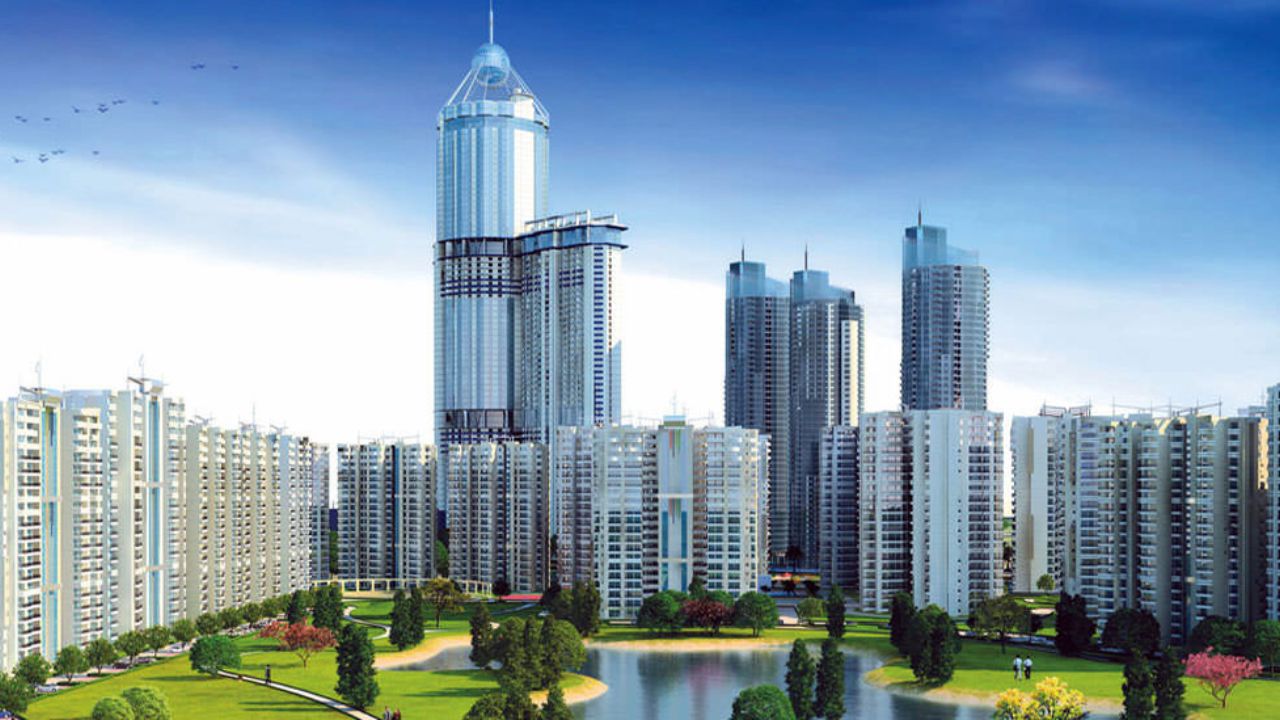
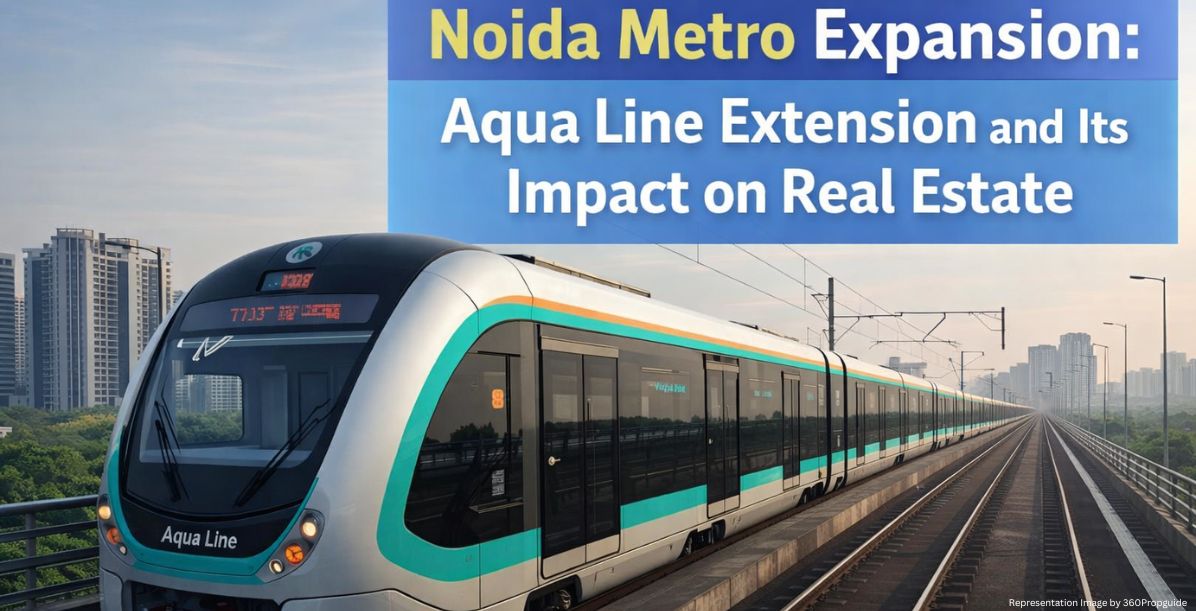
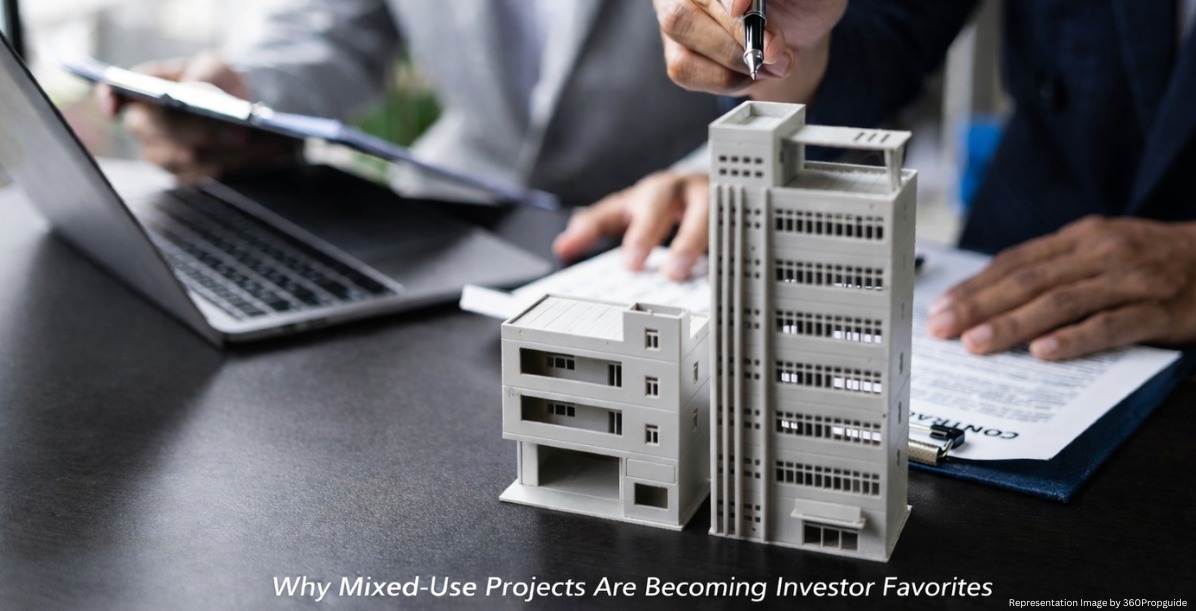
.jpg.jpeg)

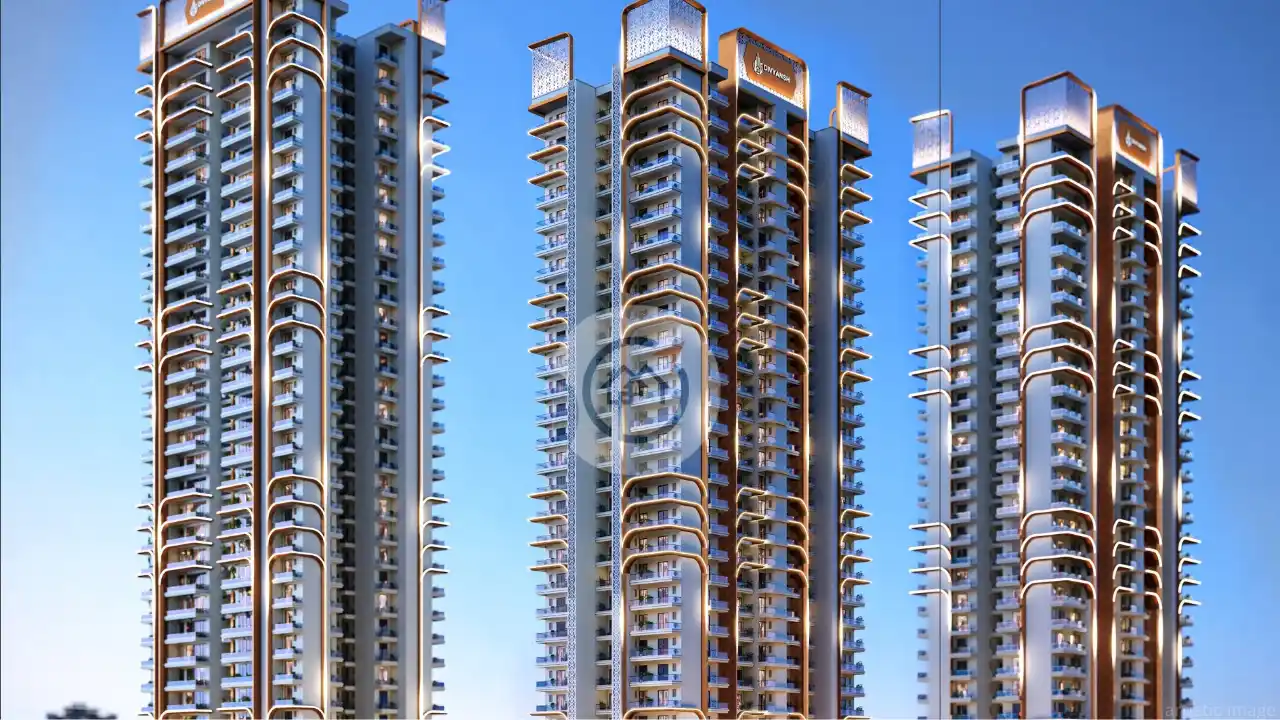
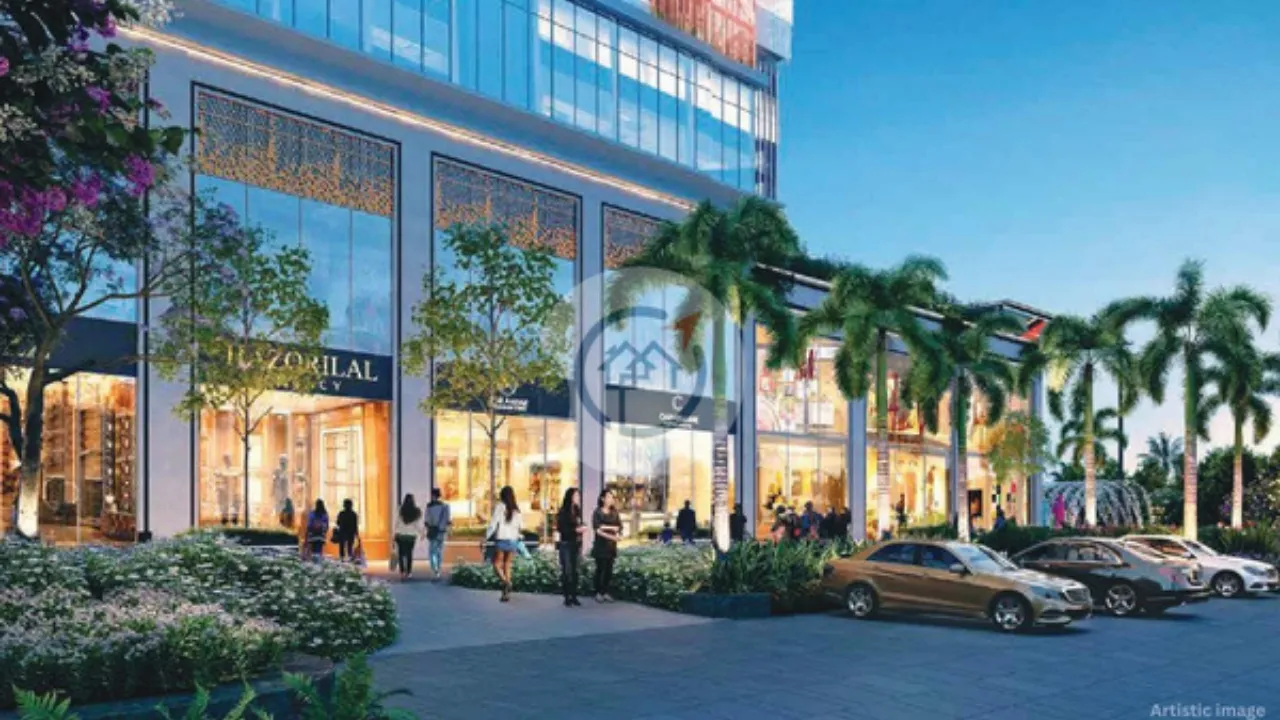
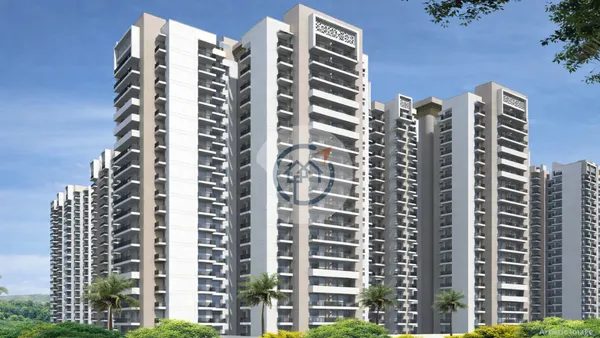
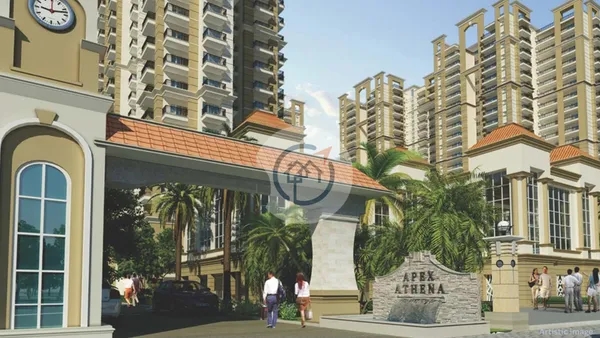
.webp)